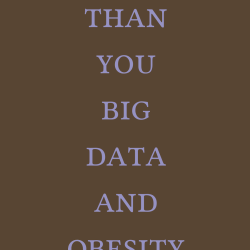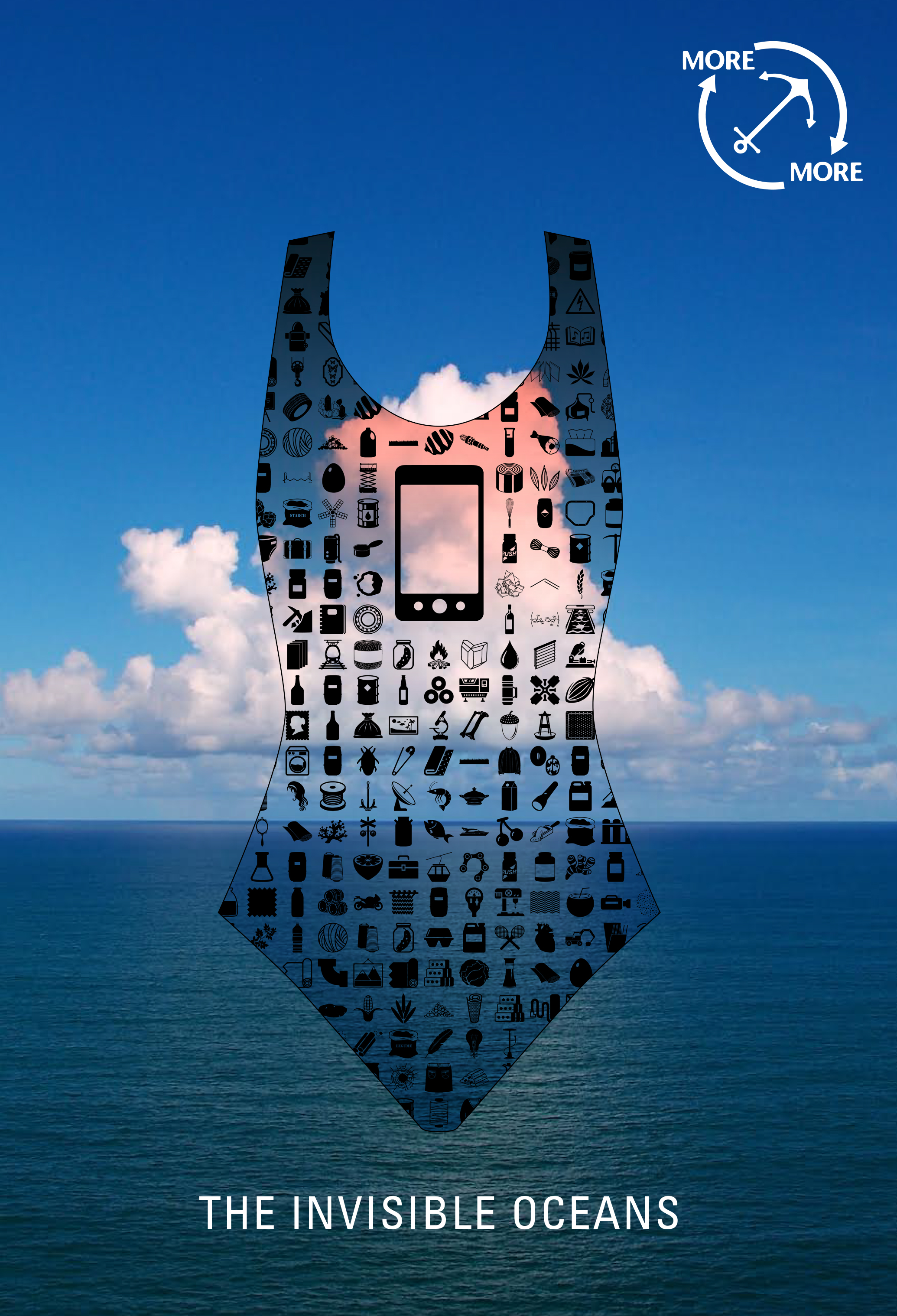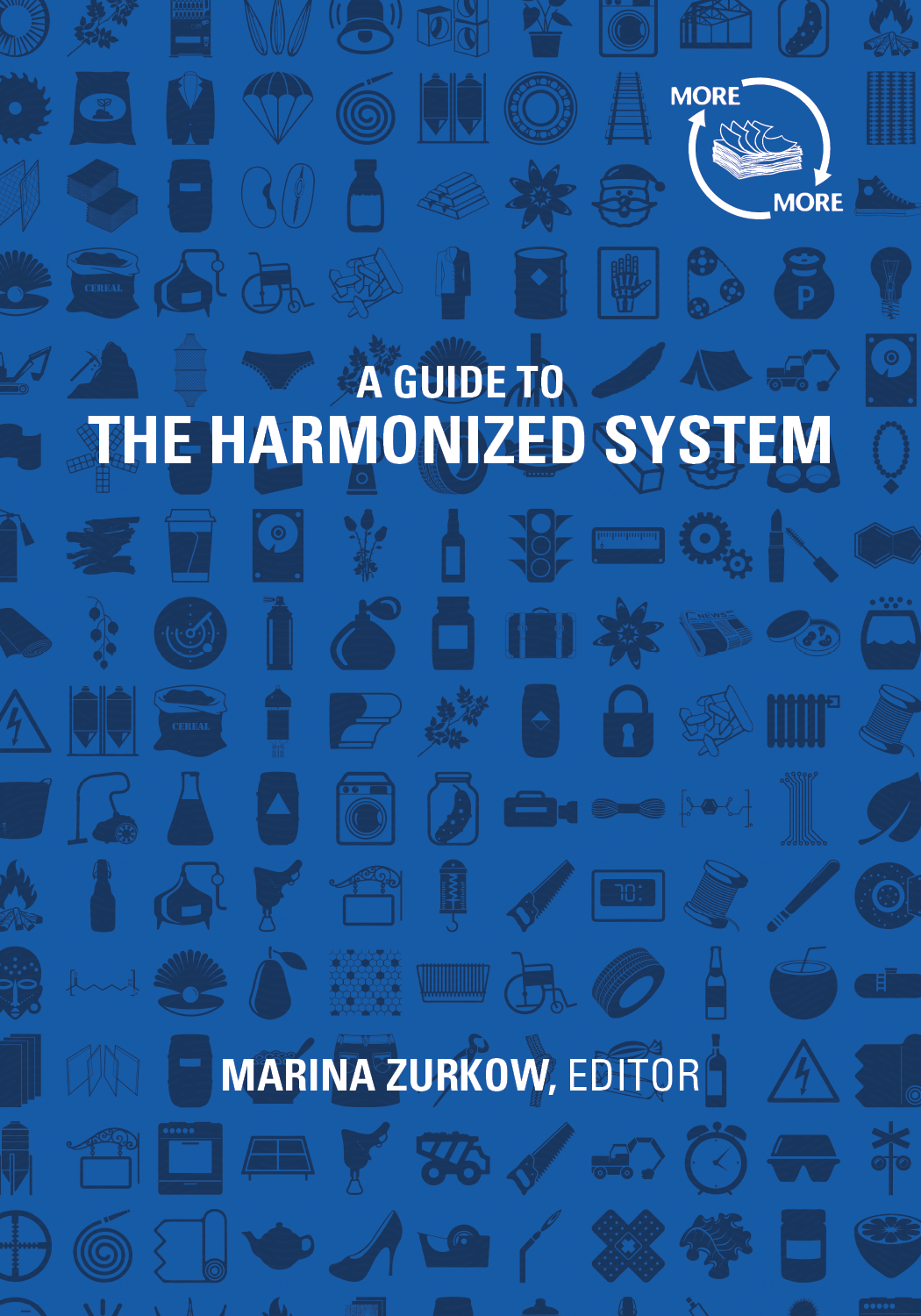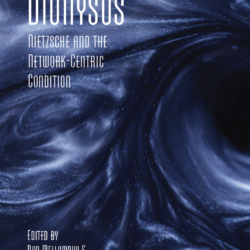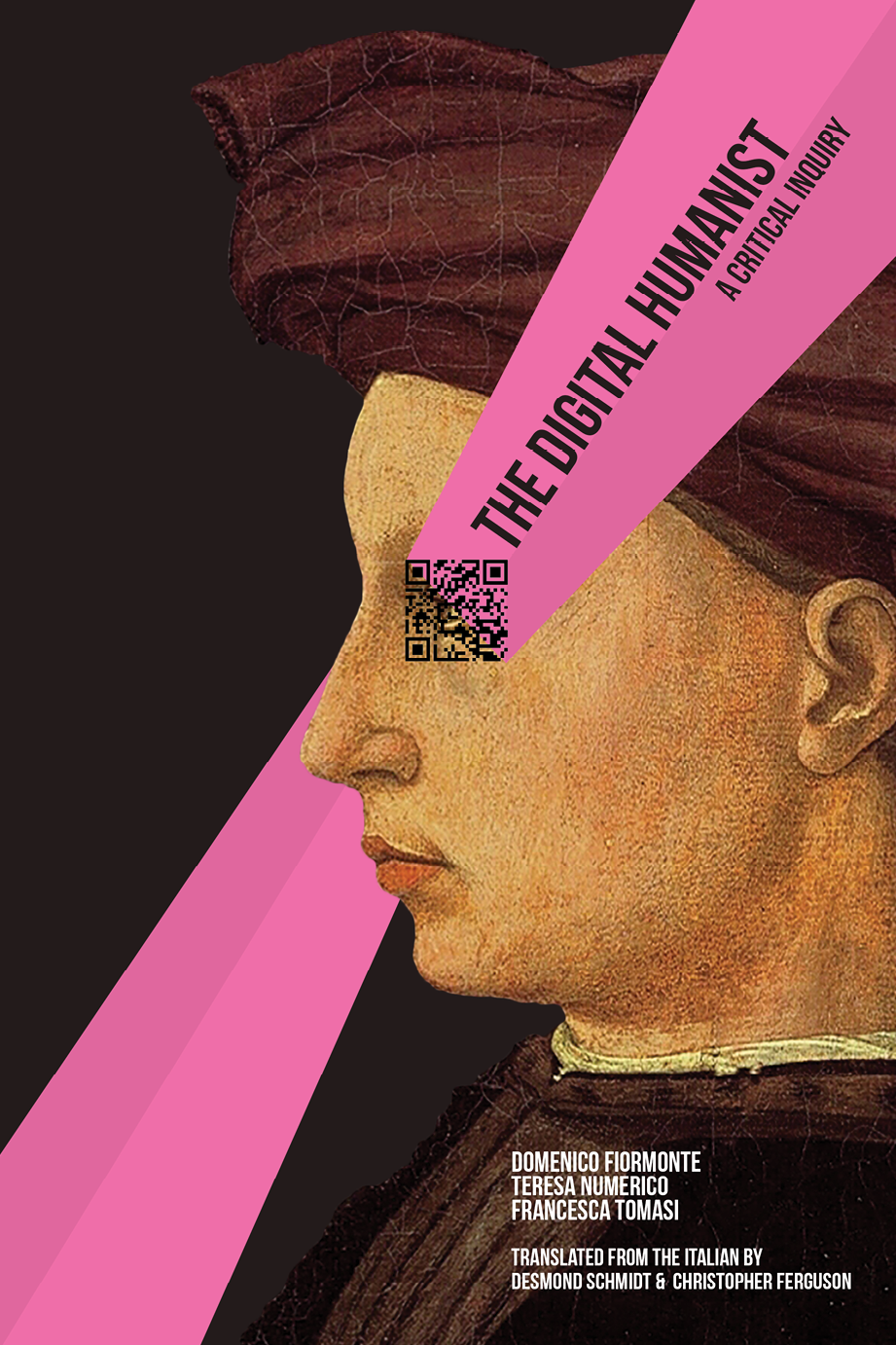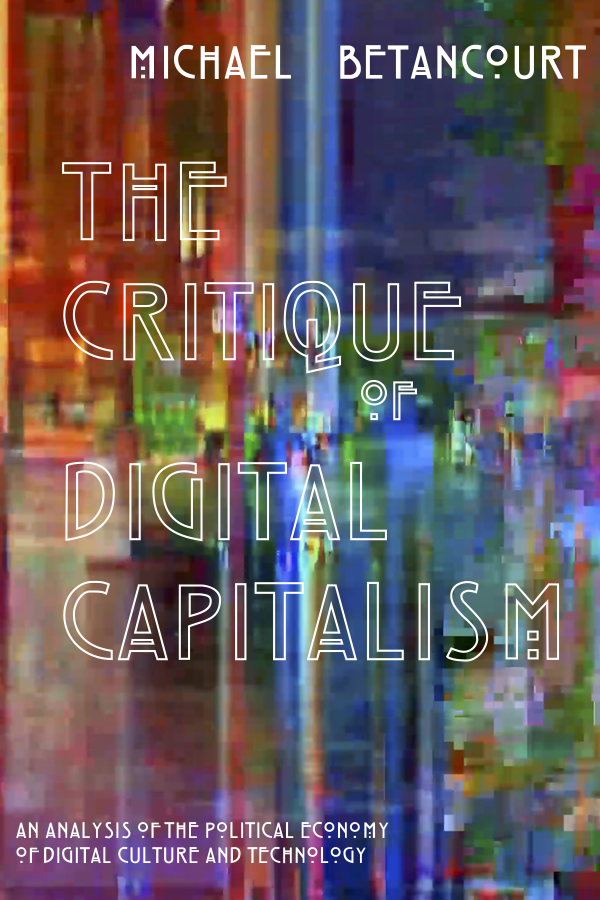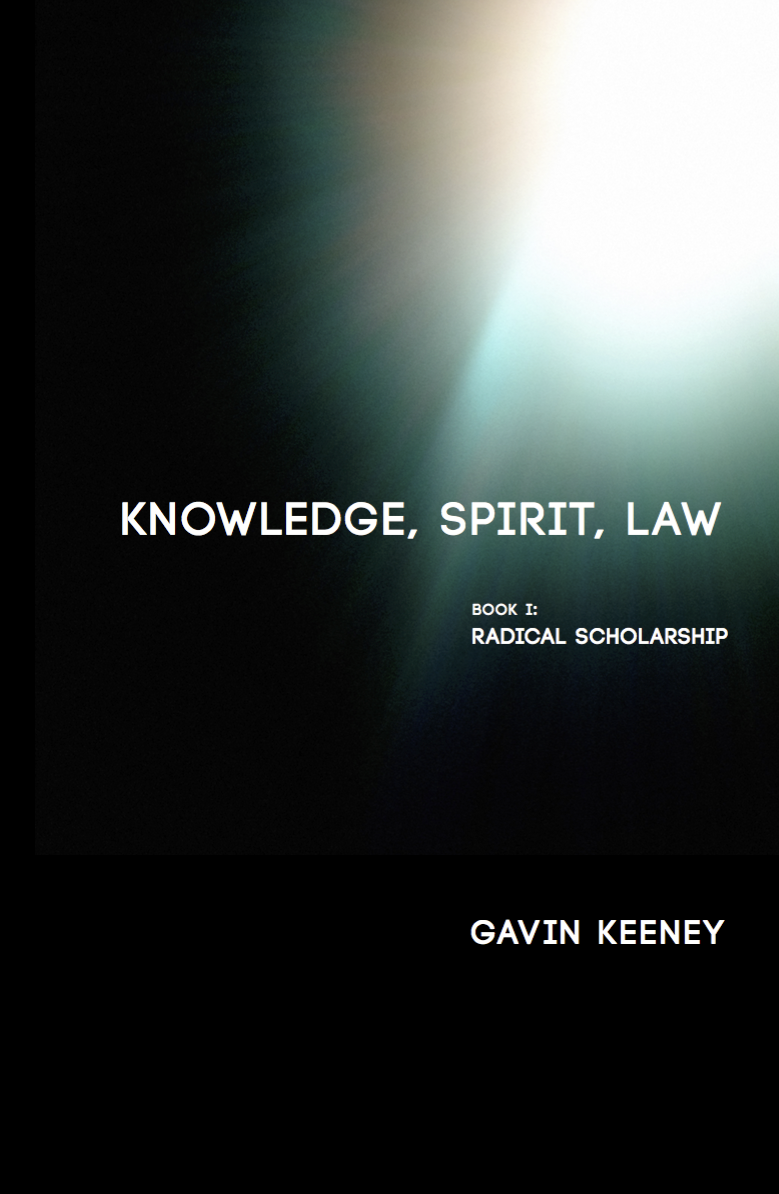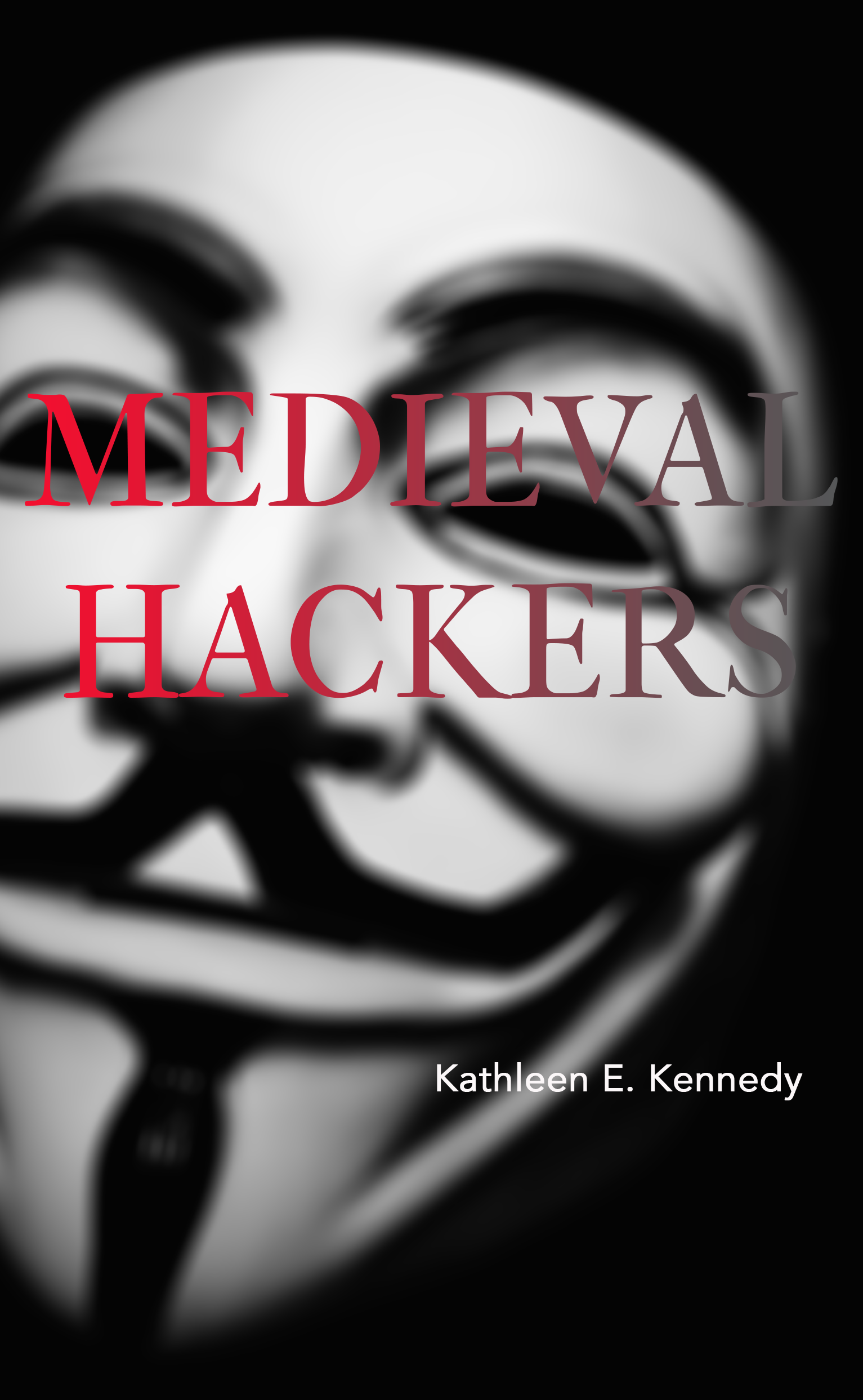Bigger Than You: Big Data and Obesity
Published: 03/03/2016
In her first inquiry toward a decelerationist aesthetics, Katherine Behar explores in this essay chapbook the rise of two “big deal” contemporary phenomena, big data and obesity. In both, scale rearticulates the human as a diffuse informational pattern, causing important shifts in political form as well as aesthetic form. Bigness redraws relationships between the singular[…]

